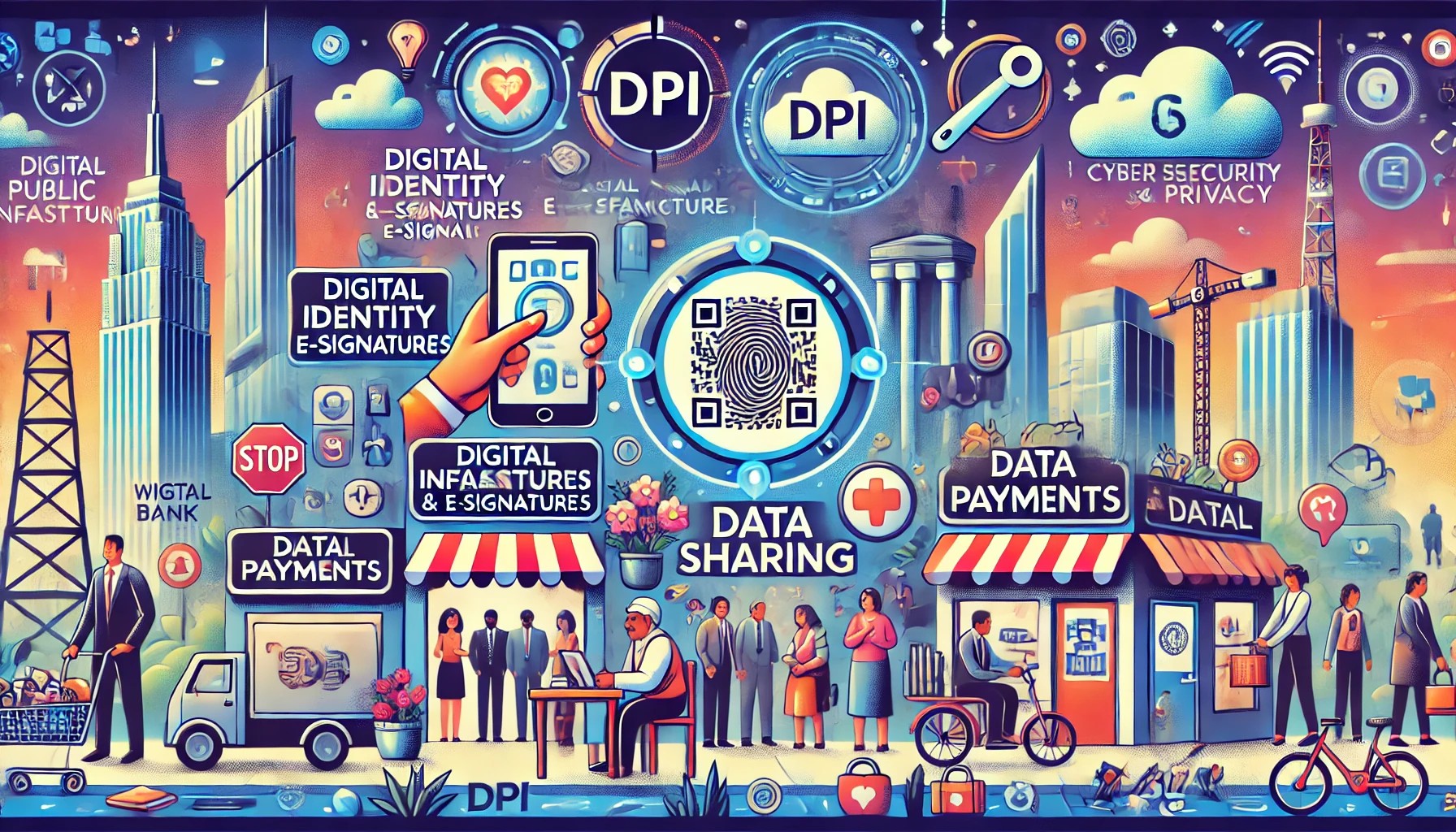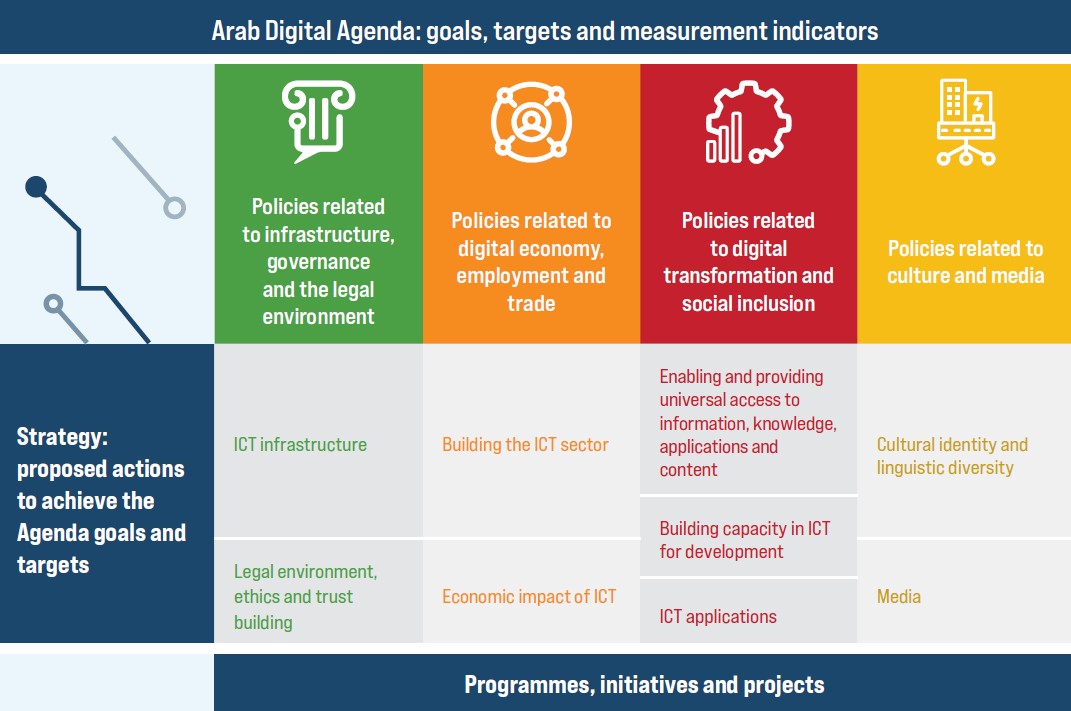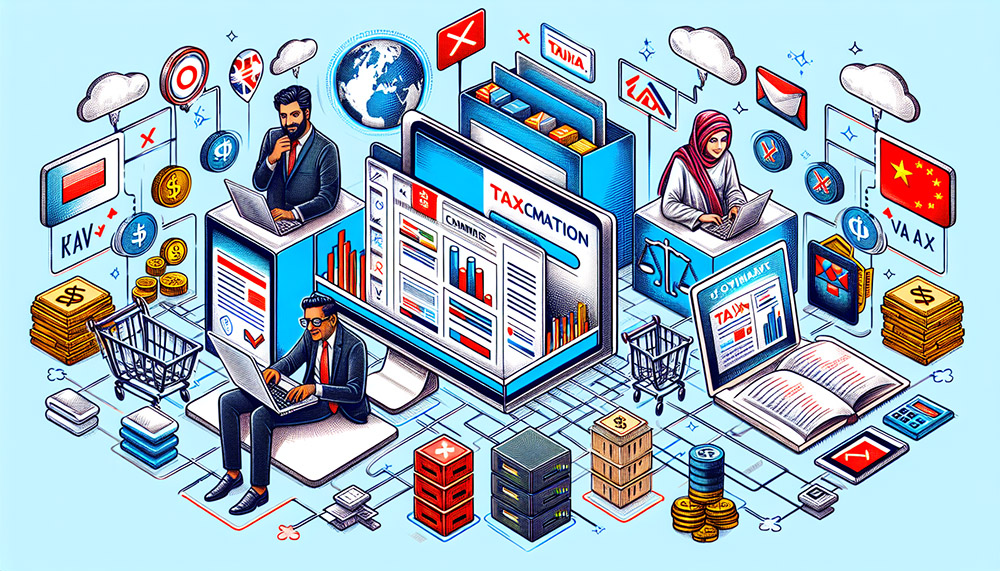Analyses
-
Elevating EU-ASEAN Relations: Towards Modern and Innovative Trade Agreements and Strategic Cooperation

The European Union (EU) and the Association of Southeast Asian Nations (ASEAN) have long maintained a robust trade relationship, serving as pivotal economic partners on the global stage. As of 2024, the EU stands as ASEAN’s third-largest trading partner, while ASEAN ranks as the EU’s fifth-largest partner. This interdependence fosters mutual economic growth and geopolitical Read more
-
Analysis of “Digital Public Infrastructure and Development: A World Bank Group Approach”

This World Bank report, published in March 2025, serves as a strategic framework for developing Digital Public Infrastructure (DPI) as a foundational element of digital transformation. It emphasizes DPI as a set of shared digital systems—such as digital identity, payments, and data-sharing—that governments and private sector players can use to create scalable, efficient, and inclusive Read more
-
Analysis of the Asian Economic Integration Report 2025: Harnessing the Benefits of Regional Cooperation and Integration

The Asian Economic Integration Report 2025 (AEIR 2025), published by the Asian Development Bank (ADB), marks the 10th anniversary of this flagship publication. The report provides a comprehensive analysis of the deepening regional integration in Asia and the Pacific over the past two decades, focusing on trade, global value chains (GVCs), investment, finance, and the Read more
-
Tanzania’s Digital Economy Strategic Framework (DESF) is a comprehensive plan to leverage digital technologies for economic growth, industrialization, and financial inclusion. It aligns with national policies, such as Tanzania Development Vision 2025, and international agendas like the UN Sustainable Development Goals (SDGs) and the African Union’s Agenda 2063. Key Objectives and Vision The framework aims Read more
-
Navigating the Intersection of International Trade Law and Global Data Governance: Challenges and Strategies

In an era where data has become the backbone of economic growth and innovation, the intersection of international trade law and global data governance presents both opportunities and challenges. The growing digital economy relies heavily on cross-border data flows, yet regulatory frameworks vary significantly across jurisdictions. As countries implement data protection, cybersecurity, and competition laws, Read more
-
The Role of Base Added Attachments (BAA) in the Arab Digital Strategy: Enhancing Trade, Trade Finance, and Logistics

The Arab Digital Agenda (ADA) 2023–2033 serves as a comprehensive framework for digital transformation across the Arab region, addressing key economic sectors such as trade, trade finance, and logistics. The integration of Base Added Attachments (BAA) within this digital ecosystem is poised to revolutionize these sectors by enhancing efficiency, transparency, and security. Understanding Base Added Read more
-
In today’s rapidly evolving digital economy, the integration of trade and finance has the potential to create a more inclusive, efficient, and resilient global marketplace. However, fragmentation, interoperability challenges, and financing gaps, particularly for small and medium-sized enterprises (SMEs), continue to pose significant barriers to achieving this vision. The report highlights key challenges and opportunities Read more
-
Australia’s ambition to become a leading digital economy by 2030 requires comprehensive modernization of its trade and finance systems. The shift to a digital economy will involve leveraging emerging technologies, aligning with global standards, and implementing key legal frameworks. This article explores how Australia can achieve this vision, emphasizing legal reforms, technological innovations, and the Read more
-
Fiji’s National Development Plan (NDP) 2025-2029 highlights economic resilience, diversification, and digital transformation as key pillars for national growth. In this context, digital trade and the digital economy are critical for Fiji’s future, fostering economic inclusivity, innovation, and global competitiveness. The government’s vision aligns with leveraging technology to drive growth in e-commerce, financial services, and Read more
-
Indirect Taxation of e-Commerce and Digital Trade: Implications for Developing Countries

Digital transformation is drastically changing how people and businesses interact and conduct commerce. It is transforming social, business, and economic norms and changing the way we interact, consume and do business. This facilitates e-commerce in both existing and emerging markets and allows for more products to be delivered digitally. New opportunities for growth exist as Read more




